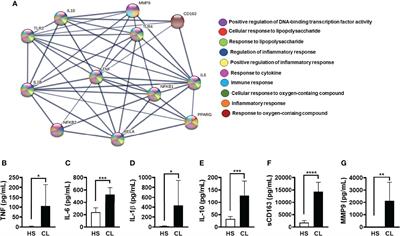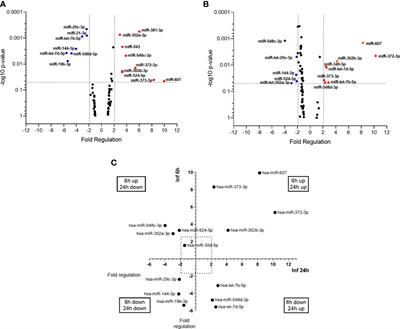EDITORIAL
Published on 14 Oct 2022
Editorial: Immunology and immunopathogenesis of human leishmaniasis
doi 10.3389/fcimb.2022.1055221
- 1,880 views
- 1 citation
4,196
Total downloads
15k
Total views and downloads
EDITORIAL
Published on 14 Oct 2022
ORIGINAL RESEARCH
Published on 14 Jul 2022

ORIGINAL RESEARCH
Published on 14 Jun 2022

ORIGINAL RESEARCH
Published on 23 Mar 2022

CORRECTION
Published on 16 Mar 2022
ORIGINAL RESEARCH
Published on 15 Feb 2022

ORIGINAL RESEARCH
Published on 10 Feb 2022
